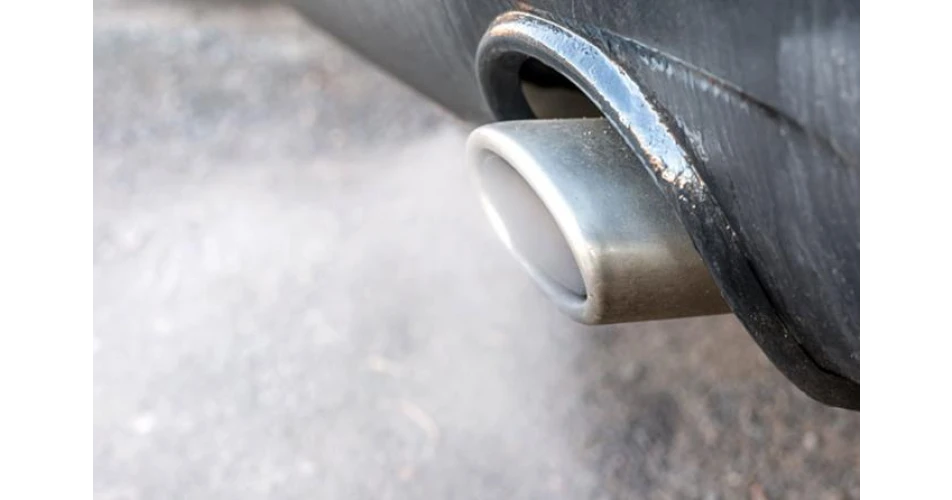Last week European Union ministers in Brussels agreed a compromise, presented by Spain, the current EU presidency holder, on strict new Euro 7 vehicle emission standards due to come into force in 2025.
The regulations would have meant that car makers would have to develop some complex emission reduction technology to keep many internal combustion engine cars fit for sale under EU law. Vehicle makers argued that this would be very costly, while providing only marginal environmental gain. They also said that such investment would be a distraction and divert finds, from the move to electric vehicles.
Another major concern was that the added cost of the new technology would make many new smaller ICE cars unaffordable, something that would impact most on lower income drivers.
Under the new compromise deal, there will be no change to current Euro 6 emissions limits for cars and vans, however, limits will be lower for trucks and buses. There will also be new particle emissions limits for brakes and tyres, which will mean technology and raw material improvements will be required in these areas.
The final text of the proposal now needs to be ratified by the European Council, the European Parliament and the European Commission.
Hector Gomez Hernandez, acting Spanish minister for industry, trade and tourism commented, "We believe that, with this proposal, we achieved broad support, a balance in the investment costs of the manufacturing brands and we improve the environmental benefits derived from this regulation."
Italy in particular has welcomed the changes as it will also provide protection for its many small volume vehicle manufacturers.
